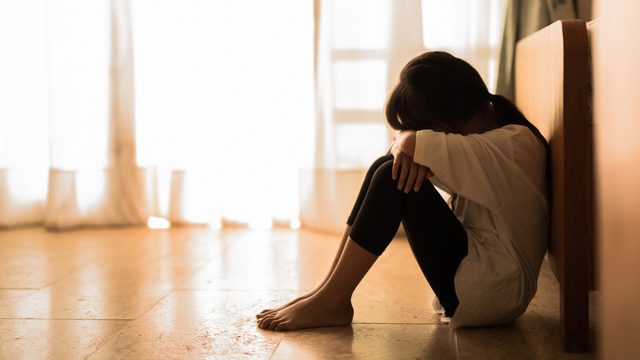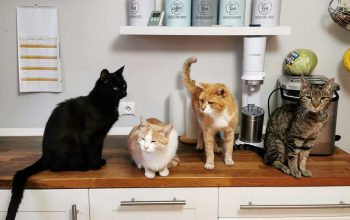The End Violence Against Women coalition (EVAW) has released a report on violence against women and girls in the UK for 2021-22, with its director describing the data as “bleak”.
The report includes outlining the number of women killed in cases where a man is the primary suspect, and figures on domestic abuse crimes recorded by the police.
Data from Refuge was included, which suggested that nearly a fifth of women in the UK experienced image-based sexual abuse from 2021-2022, with additional data from Professor Clare McGlynn showing that four per cent had been victims and survivors of deepfake image abuse, described by the report as a “new and emerging form of online VAWG”.
Other findings suggested that one in five 11-16-year-old girls and one in three 17-21-year-old girls had experienced harassment and that nearly a fifth of 11-16-year-old girls had been sent unwanted sexual images in the last year.
On the report’s release on the website, director of EVAW Andrea Simon said, “The data paints a bleak picture, but we know that violence against women and girls is not inevitable.
“What we need to see now is properly funded transformational prevention work – this means comprehensive relationships and sex education in schools, an online safety law that protects women and girls from abuse, and multi-year public campaigns to shift the attitudes that trivialise and normalise this abuse
“[We] call on government to match its rhetoric on ending VAWG with actions that support all women’s rights – including migrant women, and black and minoritised women.”
The report highlighted the findings of the Counting Dead Women list by chief executive of ‘nia’, VAWG charity Karen Ingala Smith, which names women who were killed in cases where men were either the primary suspect or perpetrator. On March 10, Labour MP Jess Phillips read out the names of women recorded in Smiths’ list, which she has been reading once a year in parliament for seven years.
The counting dead women project does not yet list data for 2022 as the list is usually published at the end of each year. Between 2012 and 2021, 1348 women have been killed in cases where the man is the primary suspect, according to Smith’s data, resulting in an average of 134.8 women per year. This means that the figure for 2021 from Smith’s data is higher than the average for the above ten years combined.
The report also highlighted that the number of domestic abuse related crimes in England and Wales recorded by police rose by six per cent in the year ending March 2021 to 845,734.
Despite this, police referrals to the Crown Prosecution Service (CPS) for a decision on whether to charge the suspect decreased by three per cent from 79,965 to 77,812
Dr Fiona Vera-Gray, reader at The Child and Woman Abuse Studies Unit, spoke to the Kingston Courier about the barriers women face when it comes to reporting abuse.
She said: “Women experience significant barriers including fear of judgement, past negative experiences with the police, threats from the perpetrator about reporting – for example: “I’ll take your kids or I’ll harm or kill you”. [Some women] also fear that no one will believe them.
“[Another barrier is] being unsure about what they are experiencing – perpetrators gaslighting someone, making it difficult to trust that what you think is happening – is.
“All women reporting sexual and domestic violence should be able to access independent advice from what is called an ISVA or an IDVA.”
The EVAW coalition was founded in 2005 and describes itself as “a leading coalition of specialist women’s support services, researchers, activists, survivors and NGOs working to end violence against women and girls in all its forms.”
The snapshot report is released yearly and includes recommendations on how to end violence against women and girls (VAWG), including “major financial support” for the VAWG sector and organisations by and for black and minoritised women.
Other recent projects include campaigns for online safety and image-based sexual abuse. The coalition has criticised the government’s release of the Online Safety Bill on March 17 for “not mention[ing] women, girls or gender a single time” across the 225 page Bill.





